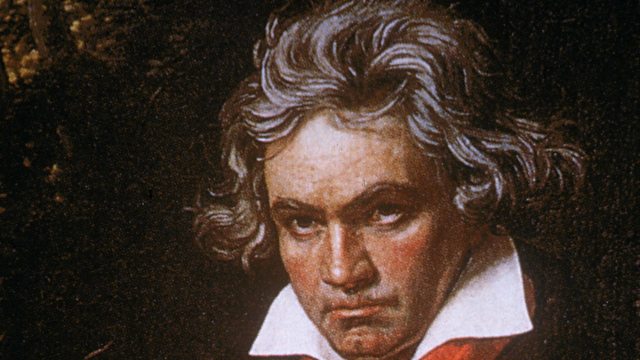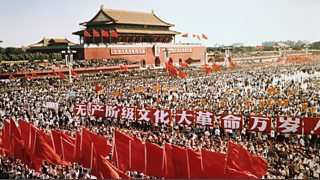Beethoven's role in China's Cultural Revolution
Chairman Mao banned all classical music in 1966, but that didn’t stop some from listening to the music they loved, sometimes as an act of rebellion. Beethoven was a favourite.
During the early years of Cultural Revolution in China, all European music was banned. Even enjoying traditional Chinese music and art was illegal. Anyone found with old instruments or recordings could be imprisoned. But that didn’t stop some musicians and enthusiasts from playing or listening to the music they loved, sometimes as an act of rebellion. A favourite during those times in China was the German composer – Ludwig Van Beethoven. Conductor, Jindong Cai tells Rebecca Kesby how he decided to become a musician after listening to an illegal recording of one of his symphonies.
(Portrait of German composer Ludwig van Beethoven (1770 - 1827) by German painter Joseph Karl Stieler, 1820. (Photo by Kean Collection/Getty Images)
Last on
More episodes
Broadcasts
- Tue 16 Jun 2020 07:50GMT���˿��� World Service
- Tue 16 Jun 2020 11:50GMT���˿��� World Service
- Tue 16 Jun 2020 17:50GMT���˿��� World Service except East and Southern Africa & West and Central Africa
- Wed 17 Jun 2020 02:50GMT���˿��� World Service
Featured in...
![]()
Chinese history—Witness History
Listen to and download our programmes below
Podcast
-
![]()
Witness History
History as told by the people who were there



